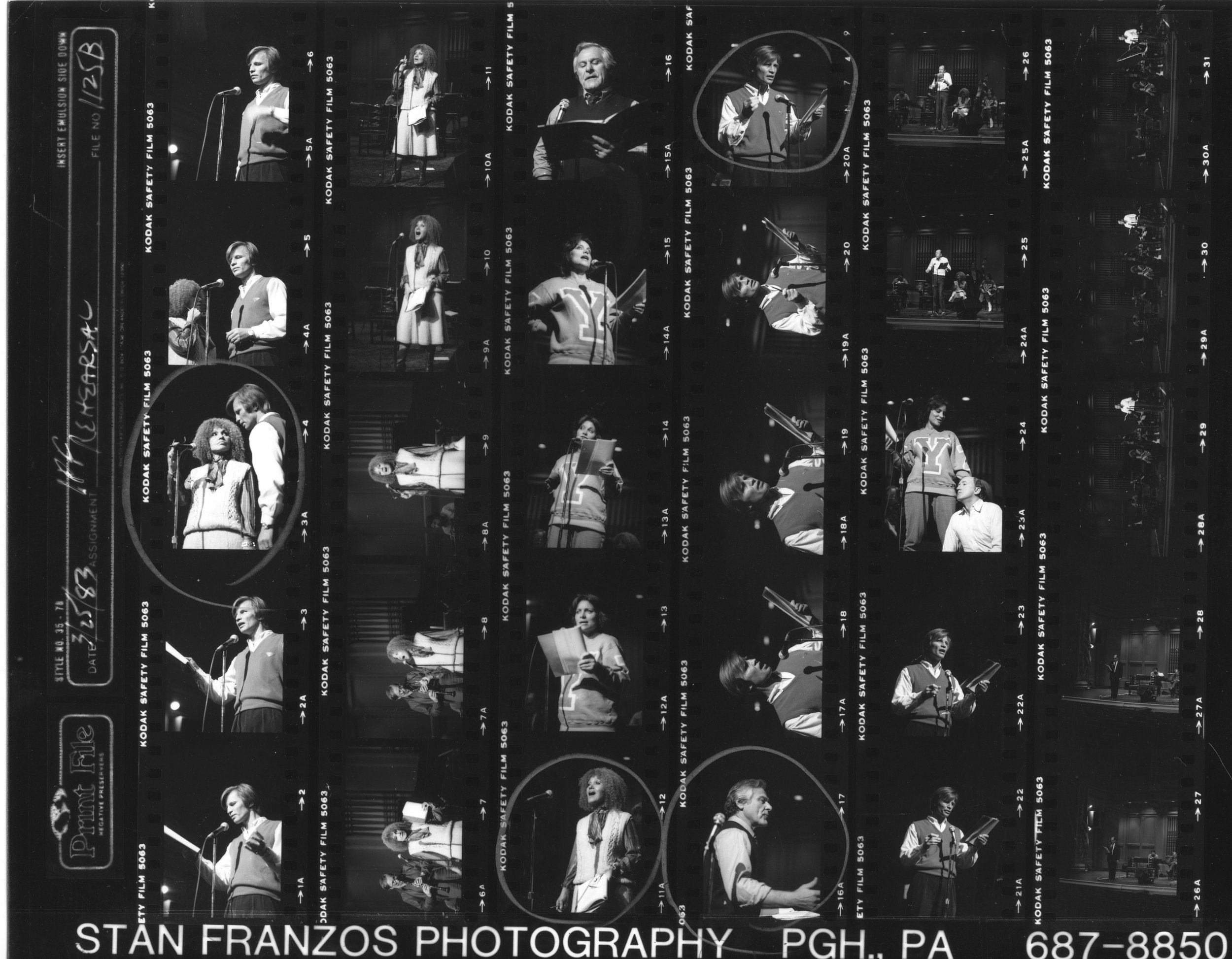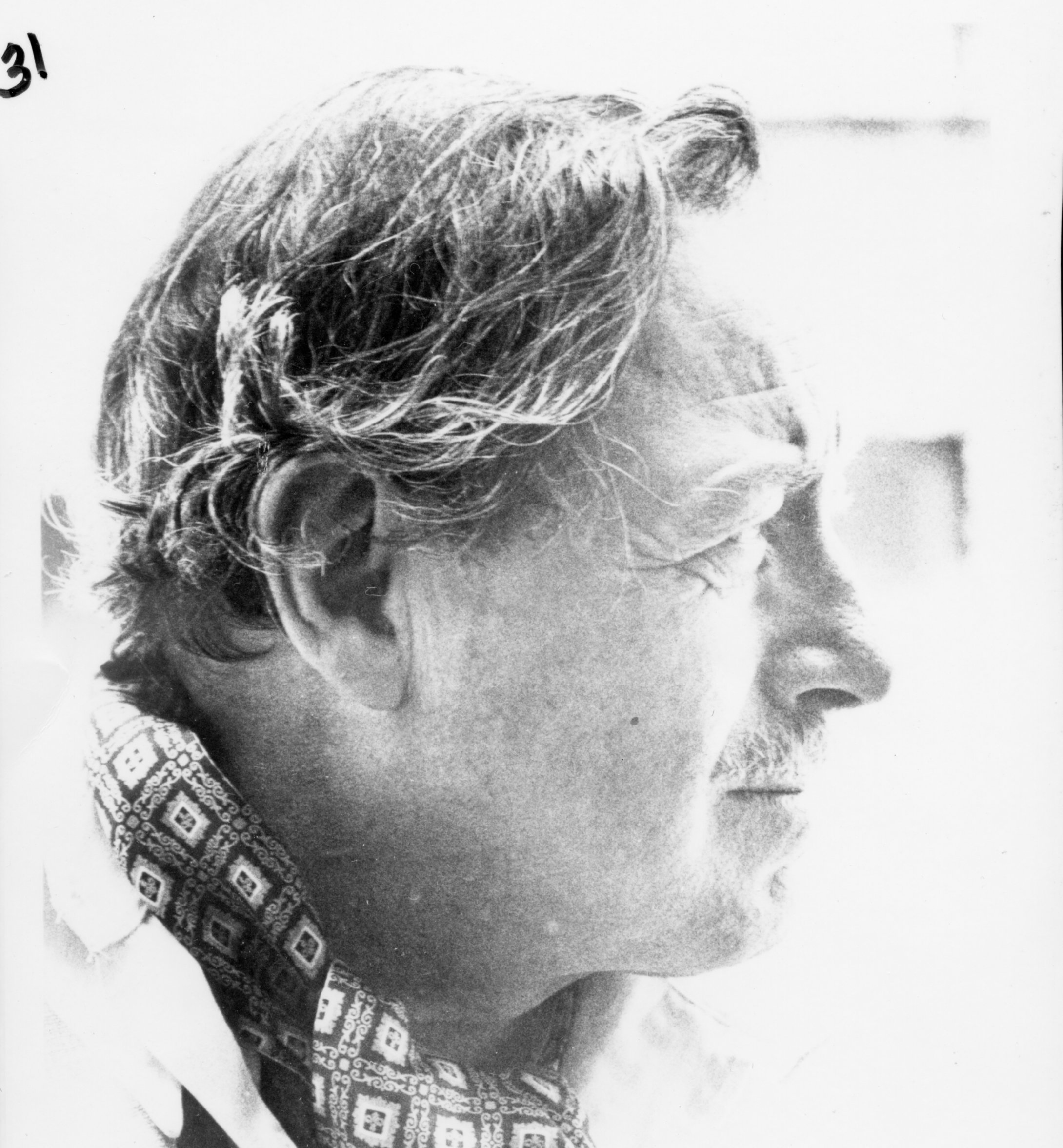
The International Poetry Forum’s “Greatest Lines of All Time” Short Series






















Overview
The “Greatest Lines of All Time” is a short-form podcast series sponsored by the International Poetry Forum. The volunteer-based initiative consists of short recordings of poets, educators, and other lovers of poetry offering 1–2-minute reflections on 1–2 lines of poetry per episode.
The ostensible prompt for this project—choosing the all-time “greatest” lines of poetry—is, of course, ludicrous. But this title is only a fishhook to catch the interest of the public.
Behind the scenes, we are really asking participants consider two things. First, to choose lines that inspire a love of poetry. Second, to choose lines with at least one self-contained “teachable element.” The thesis is that in 1–2 minutes, the (predominantly student) audience will encounter a fragment of poetry that might inspire deeper engagement with the art. In the process, they will be introduced to at least one concrete vocabulary word or concept: something like allusion or alliteration or blank verse.
This educational series explores how the language of poetry does what it does. While it is important to cover what the poet says, our goal is to focus on how the poet says it—and precisely how these two relate.
Content
Episodes will ideally focus on poetry by alumni of the International Poetry Forum and other writers with ties to Pittsburgh. (A complete list of our alumni can be found here; are audio archive is here.) We also welcome episodes on earlier poets who are 1) globally recognizable figures and 2) considered foundational poets in their tradition (think Sappho, Shakespeare, Vyasa, Li Qingzhao). In this latter case, the goal is to introduce major world poets to young audiences with limited exposure to those traditions. If you would like to have a line or poet recommended for you, we are happy to help.
Target Audience
This series is intended as a free tool for educators—something teachers might show at the beginning of a lesson. Simple and clear language is best.
The envisioned “shelf life” for this series is 100 years. In other words, we are hoping this resource is something that can remain relevant and useful for generations to come. For this reason, it is best to avoid anchoring episodes in allusions to current events or anything that might hinder accessibility for future listeners.
Recording
A member of the International Poetry Forum staff will record your episode either in person or via our online recording platform. Audio and video from the recording will be edited for length and coupled with text and/or a visual “doodle” component featuring educational annotations.
Episodes will be published in several forms: video (YouTube, Instagram), audio (podcast platforms), and text (on our website). Participants are welcome to share and reuse episodes on their own websites and social media platforms.
Recording for the series began in spring 2024; our target launch date is early 2025.
How to begin:
1. Contact Jake Grefenstette (director@internationalpoetryforum.org) to propose a favorite line of poetry.
2. Once confirmed, craft your script according to the “Episode Template” below. Episodes should be <2 minutes. (In the words of Samuel Hazo, our founder: “The less said, the truer.”)
3. Email a draft of your episode to director@internationalpoetryforum.org for review.
4. When you are ready to record, we will send a virtual scheduling link along with practical information about recording your episode.
Thank you for your participation! Please reach out if you have any questions or suggestions. We are especially keen to use this platform to promote local poets, educators, and arts organizations, so please feel welcome to share this information.
-
1. Begin by reading your line(s) of choice.
2. “Hello, my name is [FULL NAME]. I think this is one of the greatest lines of poetry of all time.”
3. “This line is from [POEM], a poem by [POET NAME + HALF-SENTENCE BIO].” (Note here if the poet is an IPF alum or has other ties to Pittsburgh: e.g., “…by Lucille Clifton, National Book Award winner and two-time alum of the International Poetry Forum.”)
4. Offer a concise explanation of what is “going on” in the line, ideally focusing on a single word, phrase, or concept. (Remember: while it’s important to explain what is said, the focus should be on how the poet says it.)
5. Conclude with “Here’s the line once more: [LINE].”
-
1. “I rhyme / To see myself, to set the darkness echoing.”
2. Hello, my name is Jake Grefenstette. I think this is one of the greatest lines of poetry of all time.
3. This line—really line and a half—is from the final stanza of “Personal Helicon” by Seamus Heaney, Irish Nobel Prize winner and five-time alum of the International Poetry Forum.
4. What I love about this line is its music. It is a line that does what it describes: it echoes. In the most obvious sense, the final word ("echoing") rhymes with “spring” from two lines prior. But we can also hear the vowel sound “eh” echoing throughout—in “myself” and “set” and “-ness” and in the very word “echoing.” We may be familiar with alliteration, which is a repetition of the same sound at the beginning of words. What Heaney employs here is a similar concept: something called assonance, the repetition (or "echo") of vowel sounds.
So the words in this poem literally echo. These sonic echoes are matched by echoes of meaning. The speaker in the poem, who may as well be Heaney himself, is staring down a well. So we have this sense of the poem being read aloud, of the poet’s words echoing like the stones he drops. The very shape of the poem reflects this. Heaney uses a technique here called enjambment, where the words “I rhyme / To see myself” begin in one line and continue straight into the next. So when we read the poem, we have this visual sense of the words actually falling—down the well and down the page.
This is all brilliant. But what really gets me excited about this poem are the words “To see myself.” Literally, of course, Heaney sees himself reflected in the water at the bottom of the well. But his precise wording points to a much stranger meaning. The poet tells us that he sees himself through rhyme, through the echo of his own speech. For Heaney, poetry becomes a way to speak out and grapple with one's own existence.
5. Here’s the line once more: “I rhyme / To see myself, to set the darkness echoing.”
“Nothing can permanently please, which doesn’t contain in itself the reason why it is so, and not otherwise.”